Prominent restaurants and CBS team up to learn from each other
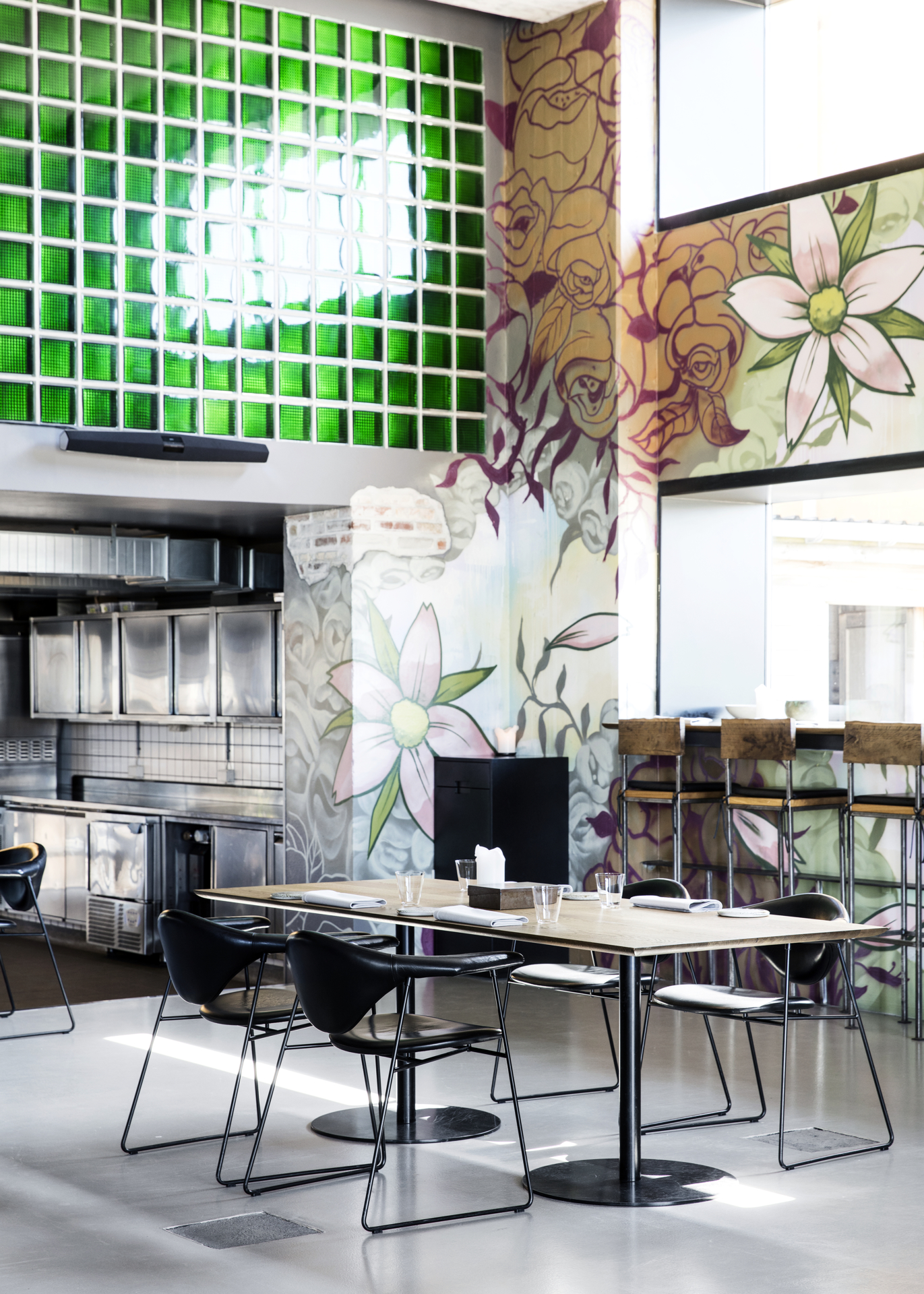
AMASS, Lola, Alouette, Ved Stranden 10 and Admiralgade 26 together with two researchers from CBS and UCL initiated the open-source platform Bowline.dk, which is now teaming up with CBS. (Photo: Chris Tonnesen)
In response to the Covid-19 crisis, Alouette, AMASS, Lola and Ved Stranden 10 are partnering up with CBS to explore new models for learning and new forms of collaboration, as well as making teaching cases for students. The resulting ‘steppingstone’ could help transform the old industry to withstand times of change and other crises.
What can Copenhagen’s chefs and restaurant owners learn from CBS? And what can CBS students and faculty learn from the restaurant business? A whole lot, claims Eric Guthey, Associate Professor at the Department of Management, Society and Communication at CBS.
“What’s interesting about restaurants is that they are fast-moving and small, and they encounter many challenges and types of issues that are relevant for CBS students. Experiences from this industry can provide the foundation for cases on anything from leadership to finance and communication,” says Eric Guthey and continues:
“A case pitched at the level of Bill Gates is actually not that relevant to the realities that students will face when they graduate. They are not going to be asked to make corporate strategies on their first day in a new job. They will have to deal with much smaller organizations and tasks first.”
Eric Guthey is a member of the open-source platform Bowline.dk, formed by an emerging group of chefs and restaurant owners who at the beginning of the COVID-19 crisis were meeting online to share information to help restaurants figure out what was going on.
Just before the Danish government lifted the lockdown in early May, the group worked closely with a group of five CBS students to post an online survey to understand people’s concerns and fears about dining out again in the face of the pandemic.
According to Eric Guthey, they received over 4500 responses in less than three days. The information they gathered brought present challenges connected to COVID-19 into sharper focus, but also magnified broader issues the restaurant community has needed to confront for some time.
Now, the platform is teaming up with CBS to explore and create new learning and educational opportunities for students, faculty and the restaurant business alike.
“There are so many ways for us to collaborate. We can create learning spaces where CBS students, who possess a lot of knowledge, can meet our employees, who have hands-on experience. Together, we can explore and react to the effects of the coronavirus, which you can look at from so many angles, whether from the leadership side of things or finance,” says Christian Nedergaard, Restaurateur and Co-Owner of the two restaurants Ved Stranden 10 and Admiralgade 26.
Being able to work with CBS opens up opportunities to look at how we structure our businesses and create new structures that can develop us
Nick Curtin
The collaboration with Bowline.dk is part of CBS’ newly launched initiatives that aim to “reactivate business activity” in a post-Covid-19 society, as well as being part of CBS’ investment in lifelong learning.
“Academics are good at thinking, but chefs and restaurants are good at doing. Which is why we need to team up,” says Eric Guthey.
Right now, the team behind Bowline.dk and CBS are developing a series of workshops that will unite faculty and industry representatives this fall to explore pressing industry issues in the wake of COVID-19. Moreover, they are looking into ways to facilitate new learning spaces for students, faculty and restaurant employees for the future, in addition to developing teaching cases for CBS students.
An outdated model
If you ask Chef and Co-Owner of Restaurant Alouette, Nick Curtin, it is about time the industry and universities joined forces to take the restaurant industry safely into a new normality where being resilient and having a sustainable business model are necessary for survival – also in times of crisis.
“The restaurant industry runs on an outdated model. Our business is based on a pre-industrial apprenticeship model, and we have run the kitchens the same way since the 1900s. We have never moved away from that and never assessed whether there are better ways of doing it. Nor has there been an academic push for it either,” he says and continues:
“So being able to work with CBS opens up opportunities to look at how we structure our businesses and create new structures that can develop us as owners, chefs and waiters.”
Christian Nedergaard believes that the only way the industry can withstand a situation like the one coronavirus has brought on society, is through education. But not as we know it.
“If we are going to face a situation like this again, we, as an industry, must be better prepared. We can’t expect to meet the same level of understanding, and here education is a key factor. This is where interdisciplinarity is really exciting, because the learning can go both ways,” he says.
However, it is often impossible for restaurants to send their employees off on month-long stays on the school bench, and many of the employees lack the necessary educational background to do so, explains Christian Nedergaard. Therefore, the learning and teaching has to take place in different settings and with different starting points. For example, a collaboration with students.
“We need to make use of the crises, when they are here. If we don’t, we are doomed,” he says.
Matthew Orlando, Chef and Owner of AMASS, believes that the collaboration will be an eye-opener for the restaurant business, as it will have people from the outside looking in.
“When people ask you ‘Hey, why do you do that?’ You realize, ‘Shoot, I’ve always done that, but I don’t know why’. Having this collaboration looking from the outside and in, will be super informative. Because who knows, maybe the norm is inefficient,” he says.
Looking ahead, Christian Nedergaard hopes that the establishment of Bowline.dk and the collaboration with CBS will facilitate new learning spaces that everyone who engages with can benefit from.
“That was why we started Bowline.dk in the first place. We wanted to create a platform for sharing and discussing our experiences from the crisis. And if we, in the long run, can become wiser and learn, I believe we will have met our goal,” he says.



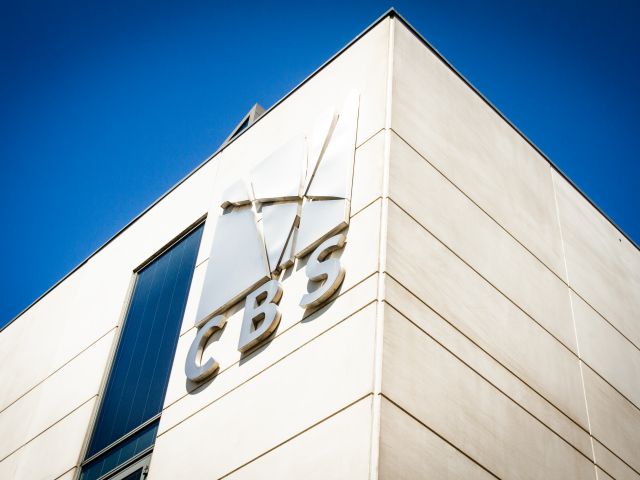
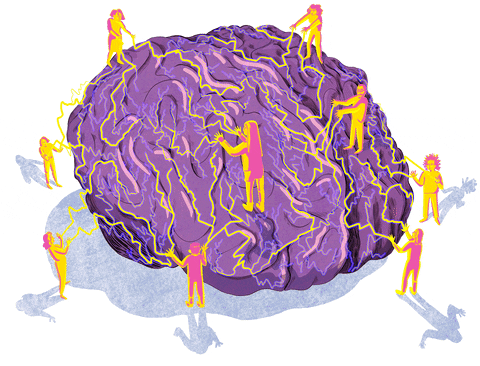
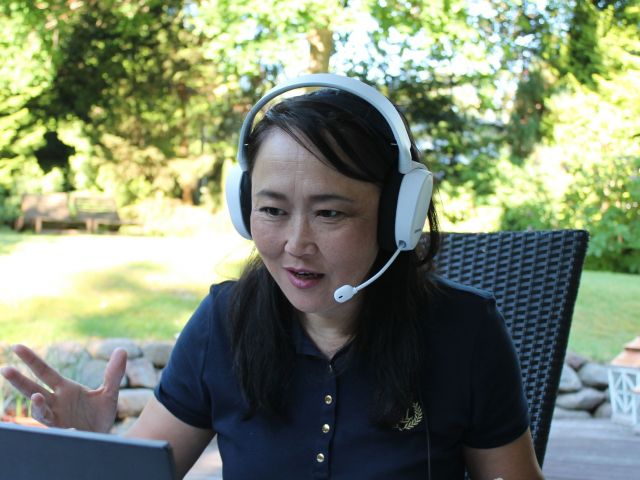
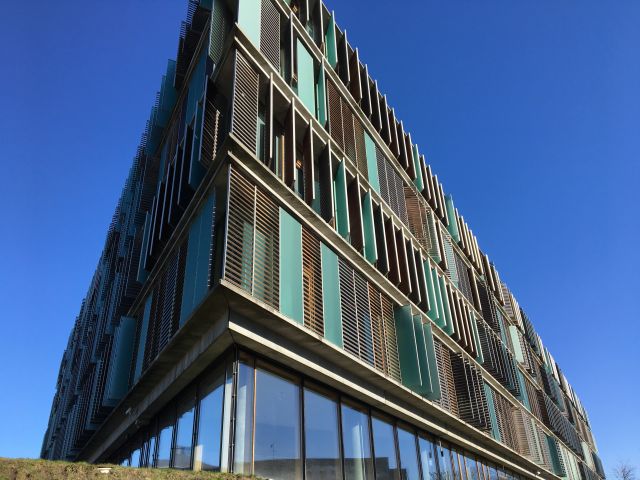

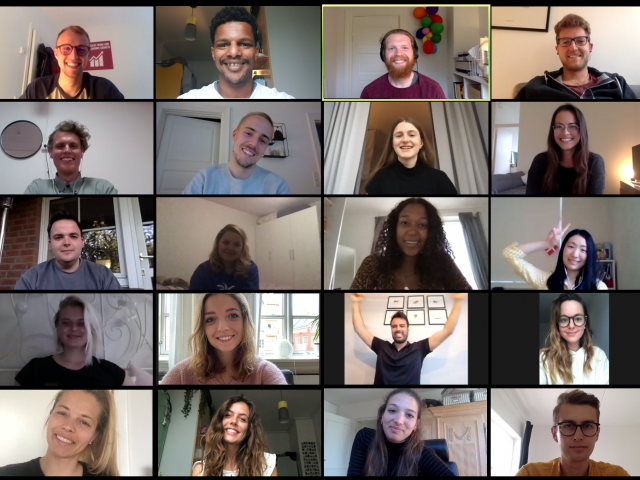
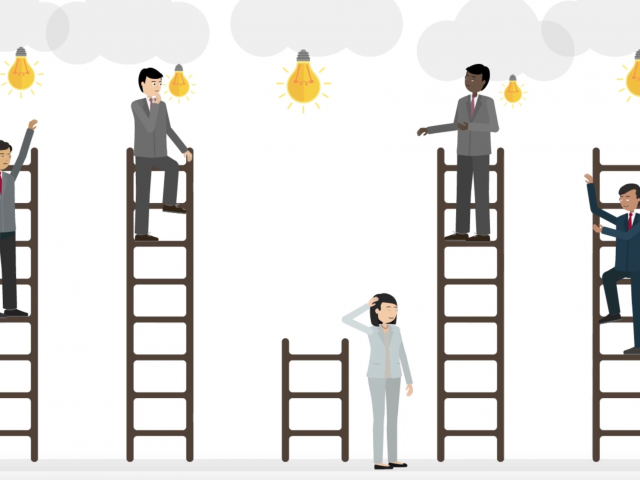




























































































































Comments